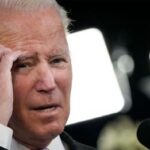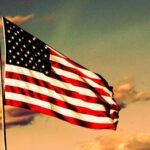Courts, not “experts,” should say what the law is.
Imagine a world in which judges appoint the nation’s most prestigious historians as experts to advise the court on matters of constitutional history. How about appointing the author of a book that the Journal of American History endorsed as “meticulous and thorough,” that Garry Wills enthusiastically reviewed for the New York Times, and that received the prestigious Bancroft Prize?
Turns out that Michael A. Bellesiles, author of Arming America, fabricated sources, distorted facts, and committed fraud. The Bancroft Prize was rescinded and Emory University fired him. But some judges, professors, and activists had welcomed his thesis with open arms because he attacked America’s “gun culture” and derided the right to bear arms. A Ninth Circuit opinion relied on him in support of its “collective rights” holding about the Second Amendment, but the embarrassing cite was removed after the scandal broke. Until then, Bellesiles would have been the perfect candidate for a court to appoint as an “expert” on history.
In an October 27 order in U.S. v. Bullock (S.D. Miss.), Judge Carlton Reeves expressed dissatisfaction with the Supreme Court’s directive in Bruen that courts must review history to decide if Second Amendment restrictions are “consistent with the Nation’s historical tradition of firearm regulation.” He wrote that neither “this Court” nor “the Justices of the Supreme Court, distinguished as they may be,” are “trained historians. “And we are not experts in what white, wealthy, and male property owners thought about firearms regulation in 1791.”
By Stephen Halbrook



